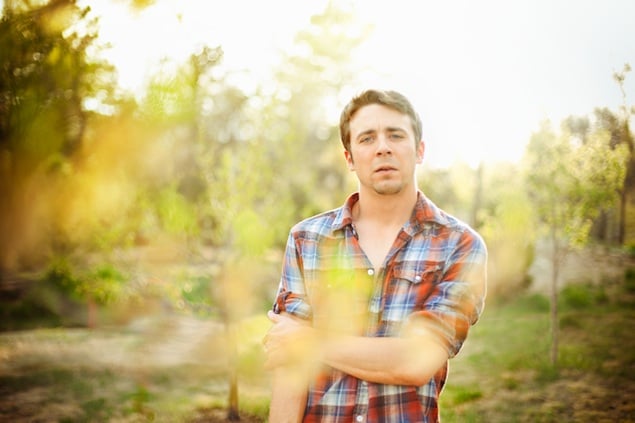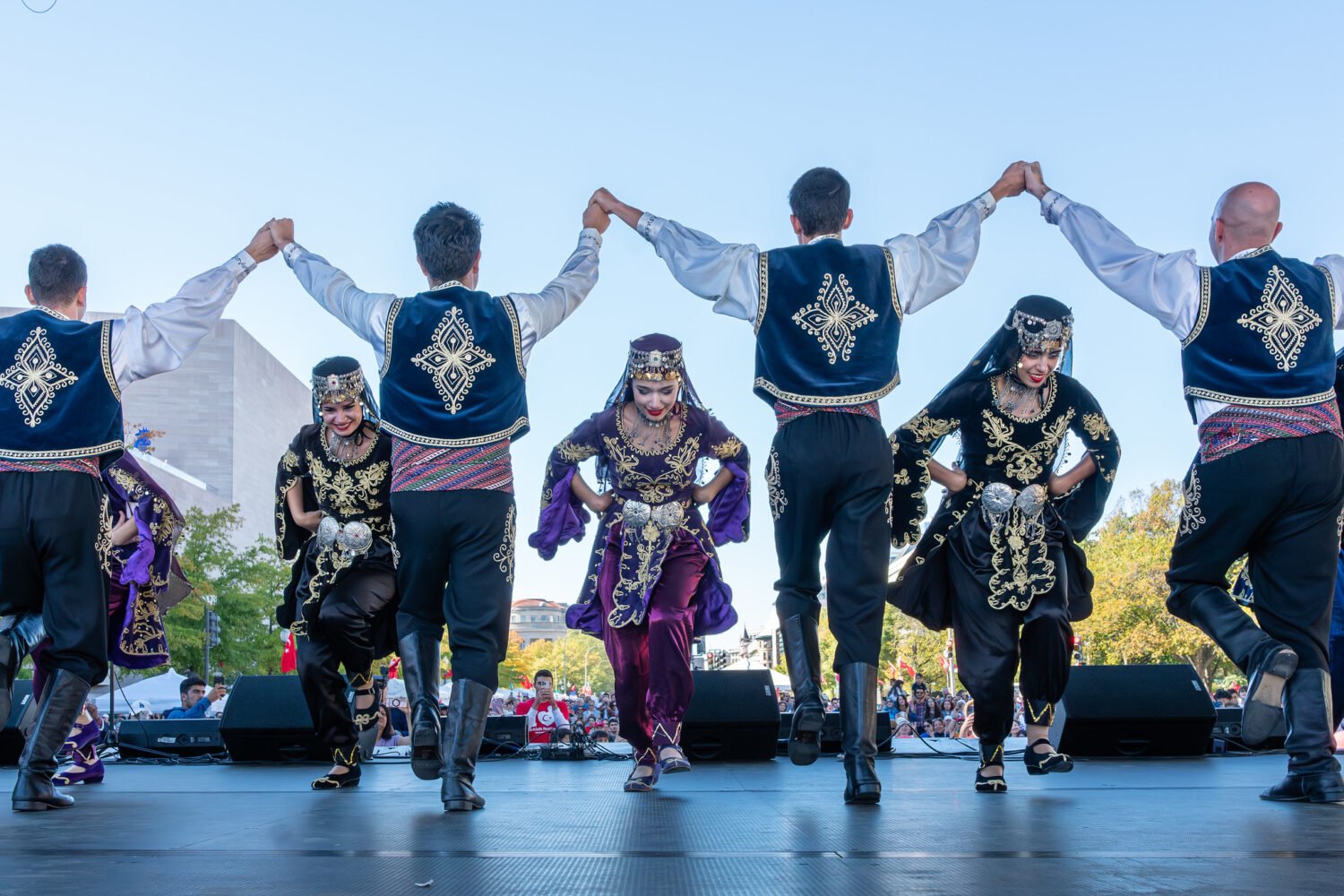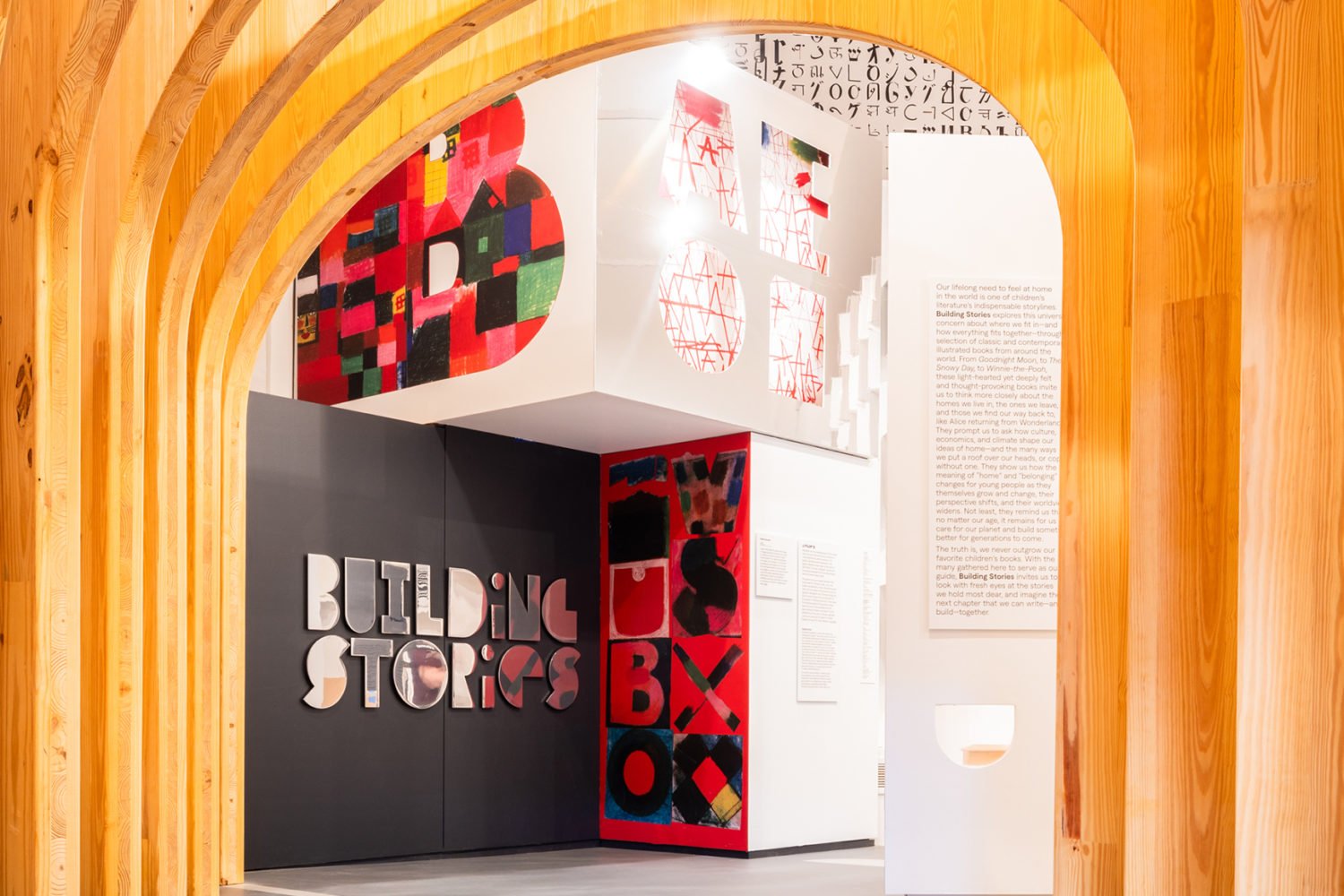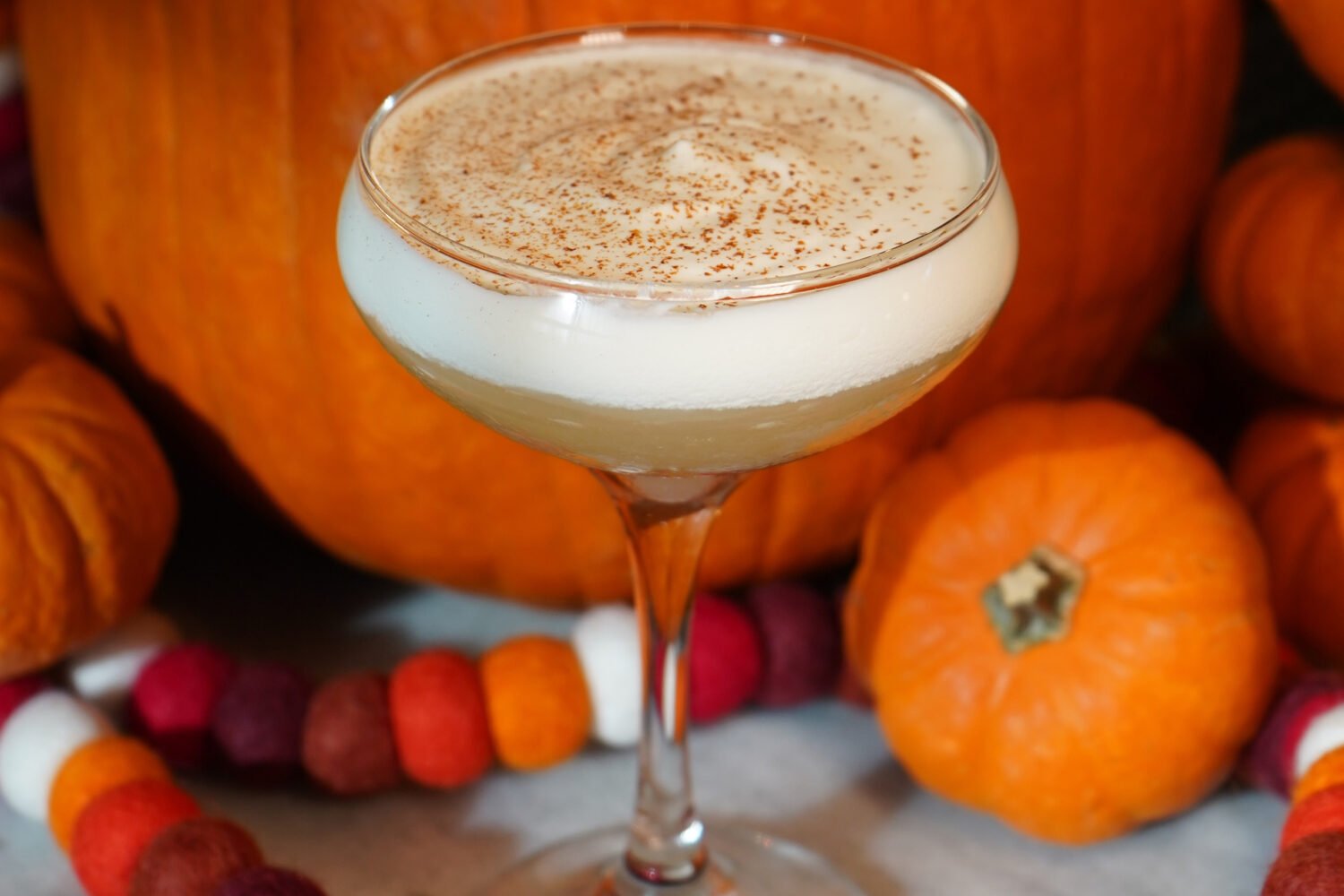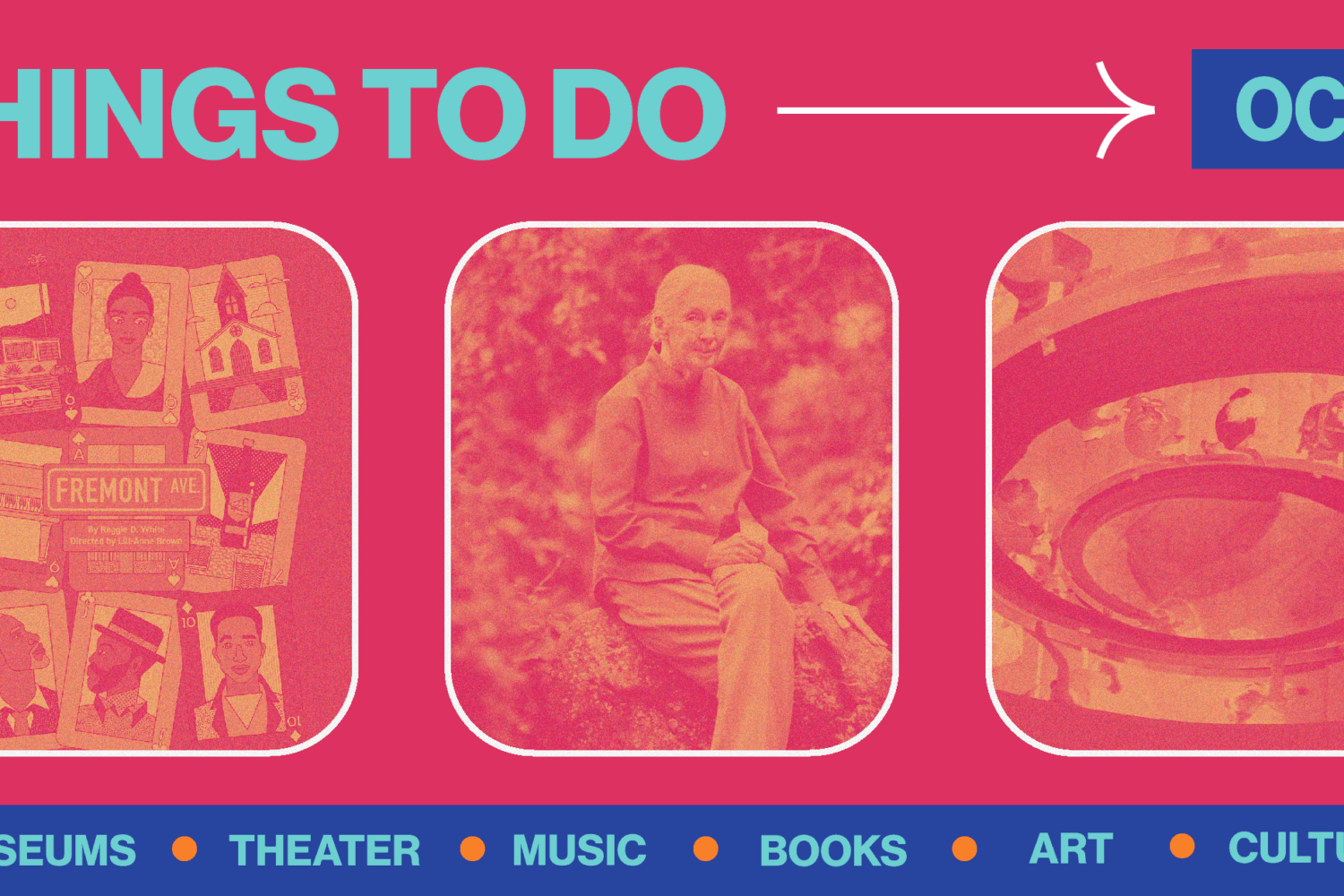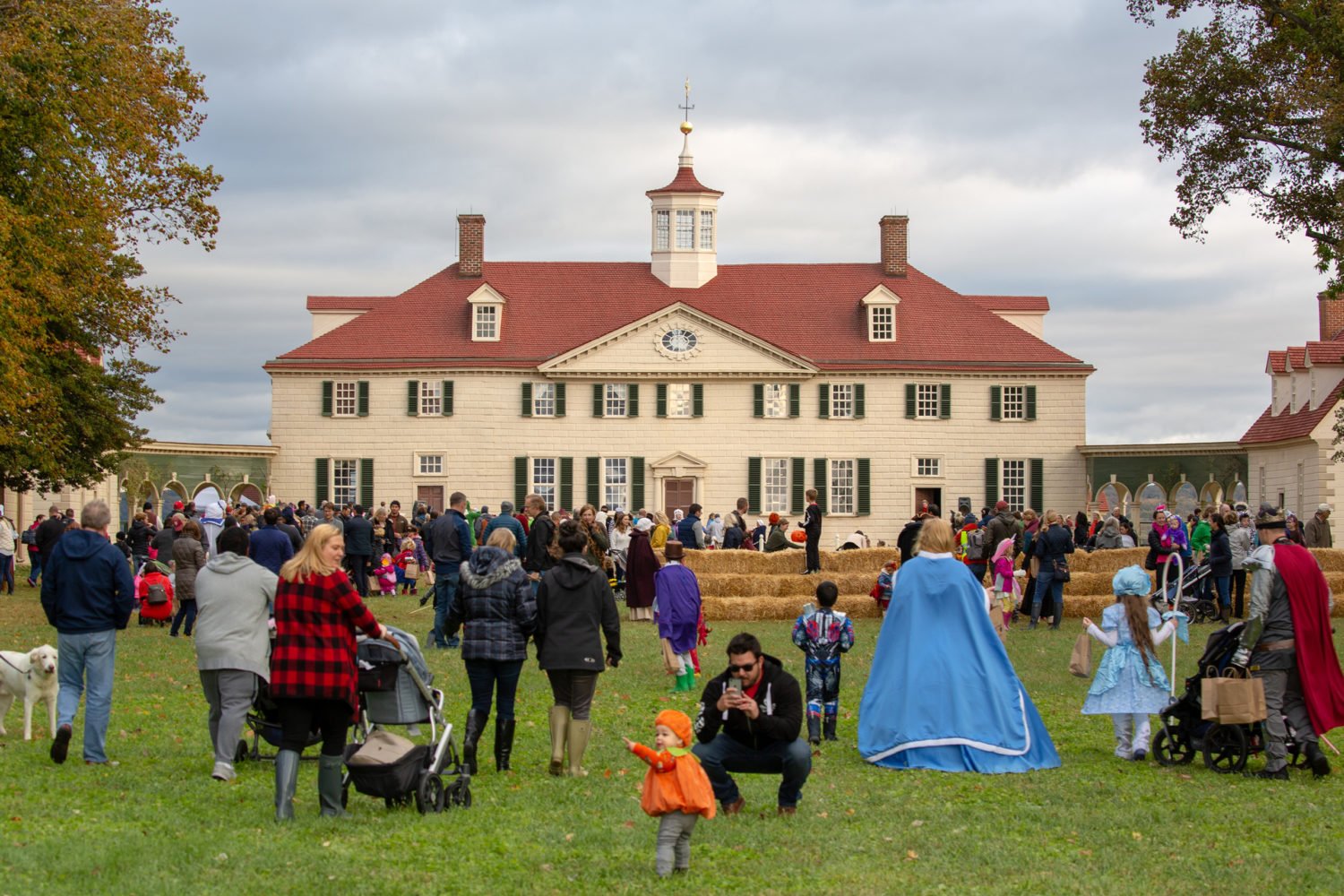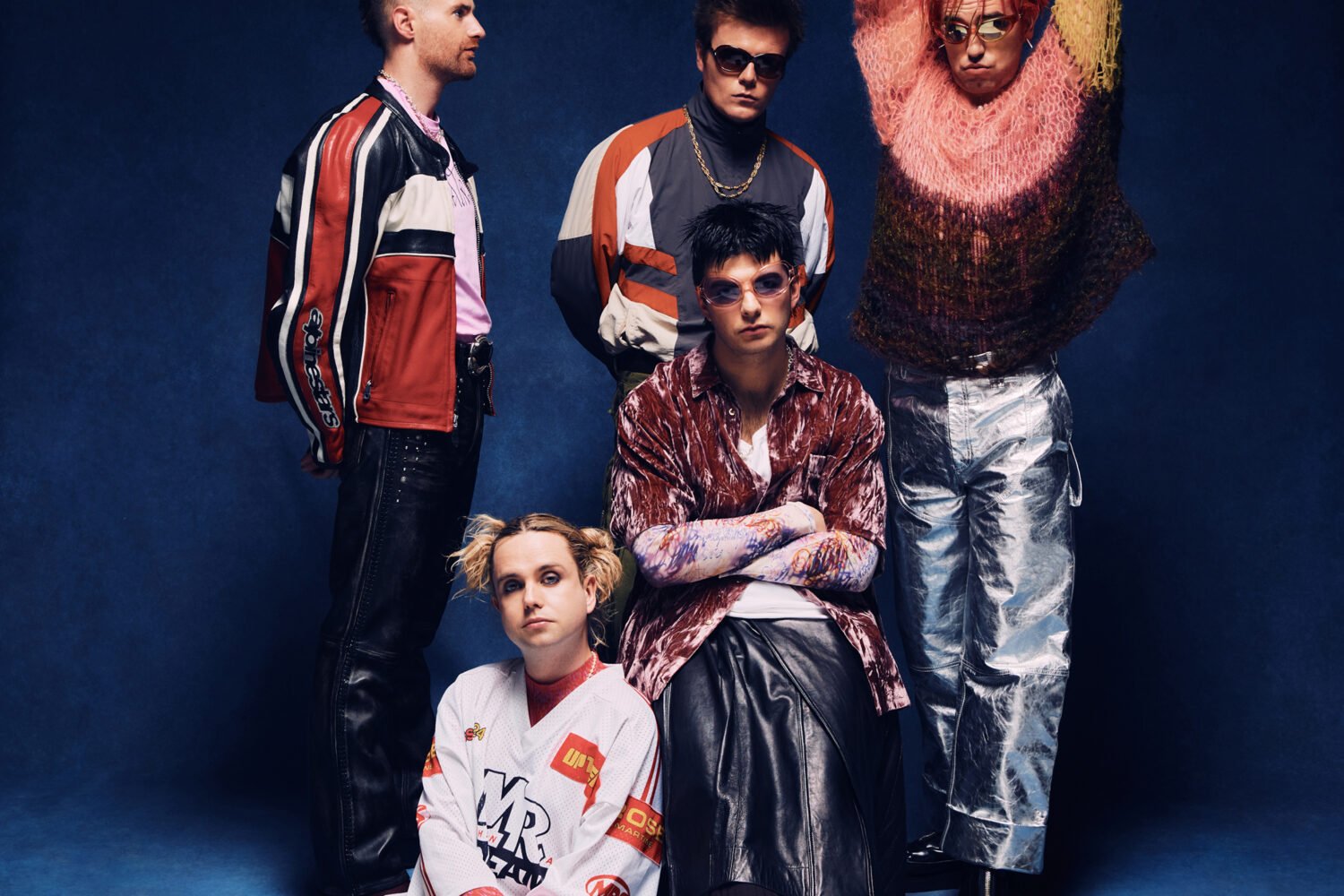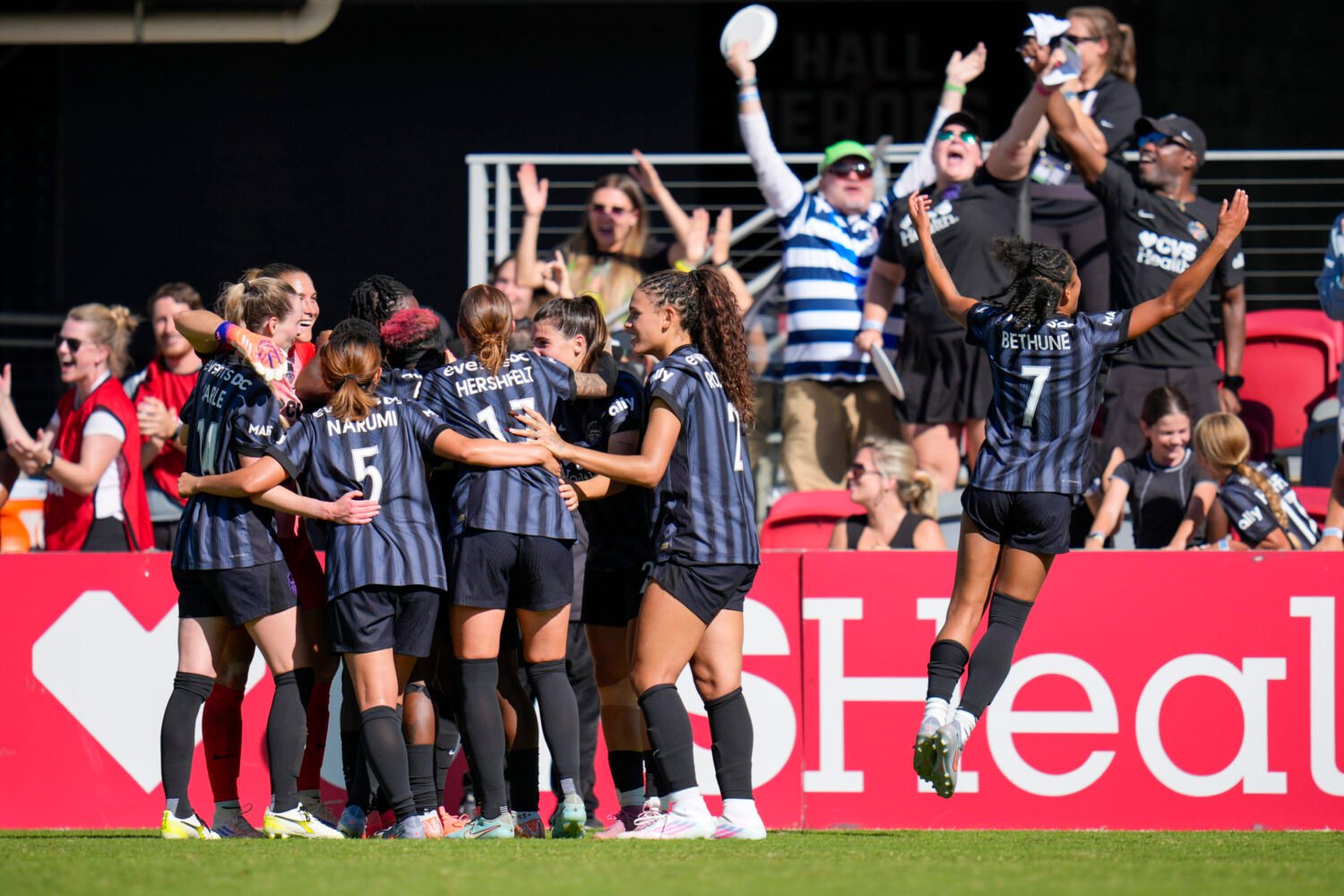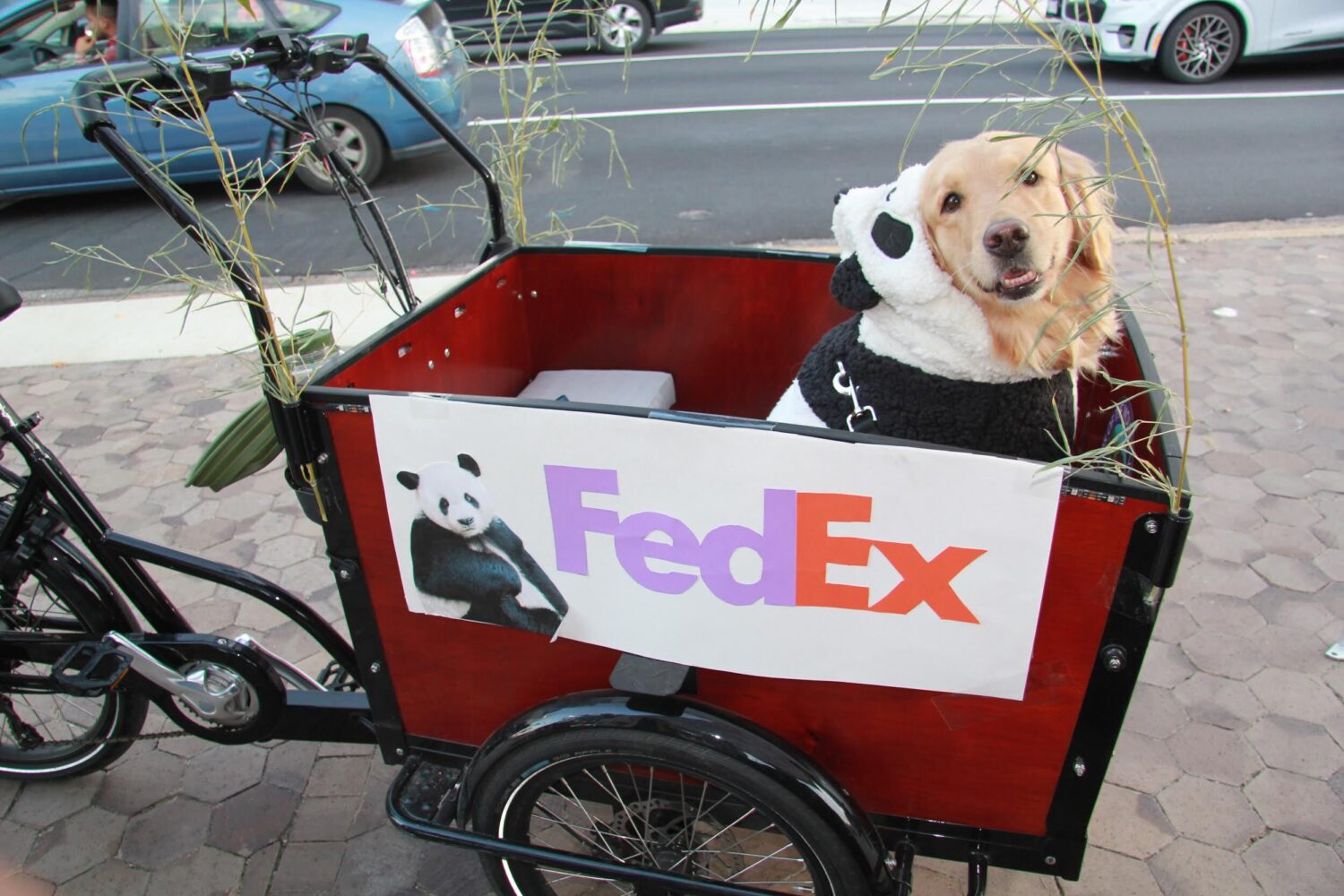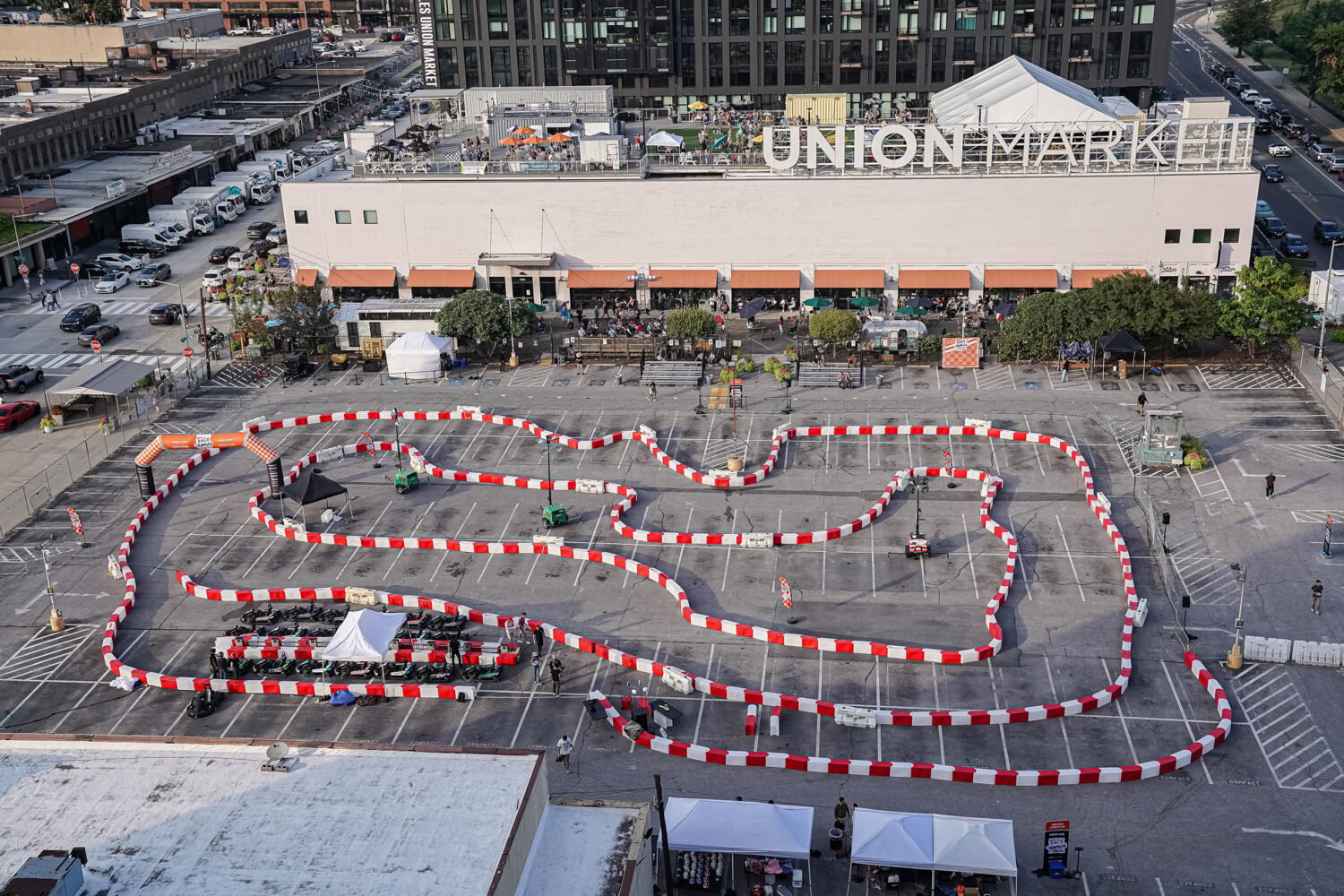Joe Pugliese, better known to his audience as Joe Pug, writes on his website:
“If you’re insulted by the music they loop on the radio all day, if you’re tired of
your parents repeating the phrase ‘music meant something in my day’ with baseless
contempt, here’s your chance to do something about it.”
For the folk singer-songwriter, that means paying tribute to the Dylans, Guthries,
and Baezes of the ’60s and ’70s to create the folk-singer-as-anti-establishment-rambler
aesthetic he espouses. And luckily, he does it well, managing to blend his poetic
lyrics and harmonica-plus-guitar sound into the genre’s modern landscape. He’s opened
for folk and alt-country acts such as M. Ward, Josh Ritter, and Steve Earle, and is
currently touring behind his second full-length album, 2012’s
The Great Despiser.
Pug grew up in Greenbelt, a city born out of the New Deal as an experiment in city
and social planning. The result was a co-op-oriented community that has sustained
to the present day. The artist says it was no wonder he was drawn to create the traditional
music he’s becoming known for. “I’ve come to be untroubled in my seeking, and I’ve
come to see that nothing is for naught,” he sings on the first track of his 2008 EP,
Nation of Heat. “I’ve come to reach out blind, to reach forward and behind, for the more I seek,
the more I’m sought.” We talked with Pug ahead of his three-night residency opening
for
John Hiatt at the Birchmere, discussing his favorite local music spots, free Fugazi concerts,
and how growing up in Washington plays into his work.
The Birchmere isn’t Greenbelt, but it’s still sort of a hometown show—are you looking
forward to it? What’s the best part about playing to a Washington-area crowd?
The Birchmere has an audience of its own—people who come to the shows not for a specific
artist but because it’s the Birchmere, which is cool. Also, I feel like when I’m back,
there are always people showing up. Last time we played the 9:30 Club we went out
afterward and just had all sorts of people I’ve known coming up to say hi.
What do you have to do when you’re back in the area? Anything you must eat or place
you must go?
By the time I was of age to go out I wasn’t really
around DC, but since I’ve been
coming back I really like that place in Silver Spring, Quarry
House.
There’s a bunch of good beer on tap, a bunch of great Scotch,
and great live music.
And my sister, Monica, is a hair stylist in Metro Center at PR
at Partners, so I usually
let her give me a makeover.
Tell me about growing up in Greenbelt and how you first became interested in music.
Atomic Music has been open since I was 12 years old—back then it was just a very small
shop in a house on Route 1. I don’t know if the shop owners would know me, but they
sold me my first guitar as a kid. Now when I’m back in town, I usually stop by their
much larger Beltsville store. I think it’s common knowledge in the music community
around here that you gotta go to Chuck Levin’s for new equipment and to Atomic for
used stuff.
Good tip for all the budding musicians out there. Were you in a band while you were
in high school at Eleanor Roosevelt?
I played in cover bands and at New Year’s Eve parties to make money, but I never seriously
considered a career in music when I was younger.
So how did you end up deciding to pursue folk music?
It’s always been the music I’ve listened to most, though I’ve listened to different
stuff along the way. I tried to write plays, but the reason it didn’t work is because
I hadn’t seen or read enough plays. The albums I’ve listened to in the genre of American
singer-songwriters hitting the road is innumerable. I feel really comfortable speaking
that language.
Geography seems to play a pretty big part in that language—at 28 you’ve lived here,
in North Carolina, Chicago, and now Austin, and that doesn’t count the places you’ve
been on tour. How would you describe the way your travels influence your work?
It’s so important to come to the table with imagery that will fill out the idea you
have for your songs. When you’ve been to many different places, you have a deeper
well to go to in creating descriptions that are more meaningful or idiosyncratic.
How did you get your start? I remember hearing a Daytrotter Session back in 2008.
I left school my senior year at University of North Carolina at Chapel Hill, where
I was studying playwriting, and moved to Logan Square in Chicago. I really got my
start there playing open-mike nights at a bar that’s no longer there.
What is life like in Austin?
The living is cheap, the living is easy, and now that summer’s over I look forward
to a winter that’s a little nicer than Chicago’s five months of darkness.
Can you recall a favorite musical memory of Washington?
I do remember going to Fugazi’s free concerts in Fort Reno Park. They already played
all of their shows for $5, so I don’t know why they did it for free.
Joe Pug opens for John Hiatt & the Combo at the
Birchmere this Friday, Saturday, and
Sunday evening at 7:30. Tickets ($55) are available through
Ticketmaster.

